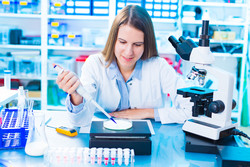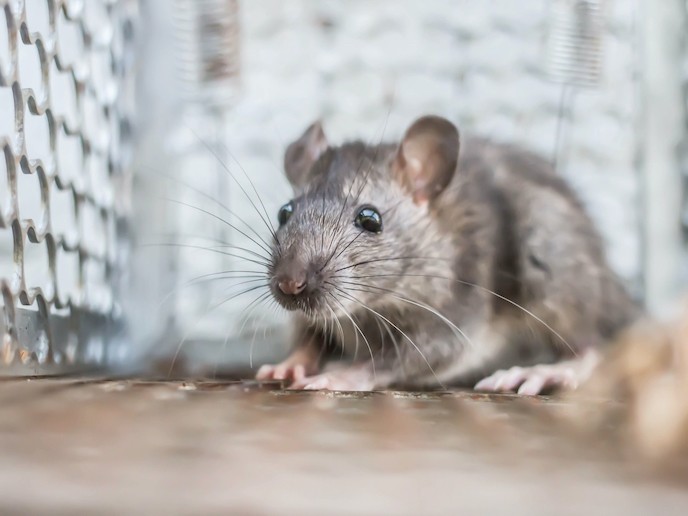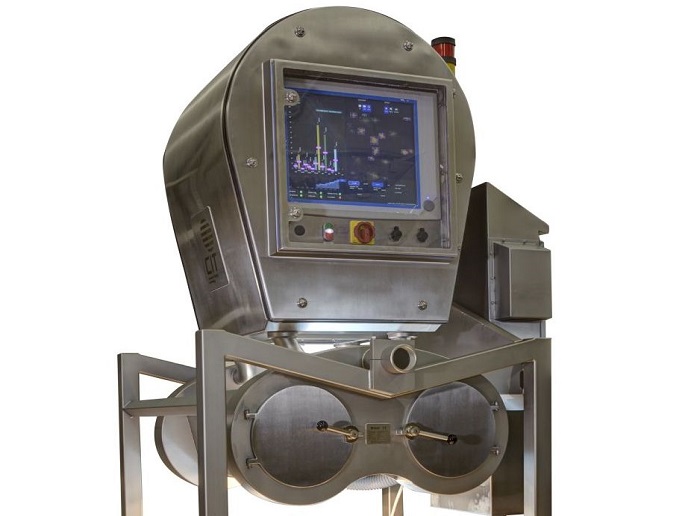Travellers provide route for food pathogens
With EU funding, the aim of the PROMISE(opens in new window) (Protection of consumers by microbial risk mitigation through combating segregation of expertise) project was to improve and increase the integration and collaboration of knowledge transfer between EU Member States and Candidate Countries in tackling common food safety threats and protecting consumers. In Europe, concerns regarding food have been increasingly directed towards food safety, animal and plant welfare, labelling and traceability. This change in emphasis has been shaped by scientific and technological advances within the food chain, together with concerns about health and the environment. The PROMISE project focused on the introduction of new variants of pathogens through previously neglected or under-researched routes, such as air travel. Therefore, food samples were collected from air travellers and the most important zoonotic agents (diseases transferred from animals to humans) were isolated. Researchers also used the microorganism Listeria monocytogenes as a model organism to study the transmission of pathogens during food processing. The consortium showed the extent of food processing equipment contamination in 12 European food processing operations and developed guidelines on how to combat this through improved hygiene. In addition, the team developed models to explain discrepancies in outbreak prevalence data and data derived from studies performed on food processing operations. Partners were also familiarised with methods for isolating pathogens, virus detection, molecular typing, sequencing and phylogenic analysis. PROMISE transferred knowledge through exchanges of both early-stage and senior researchers. It also bridged the discrepancies in technical abilities through a Technical Training and Workshop Tour. All contents developed were made accessible to the consortium through the PROMISE Academy, ensuring the exploitation and dissemination of research results beyond the funding period.







